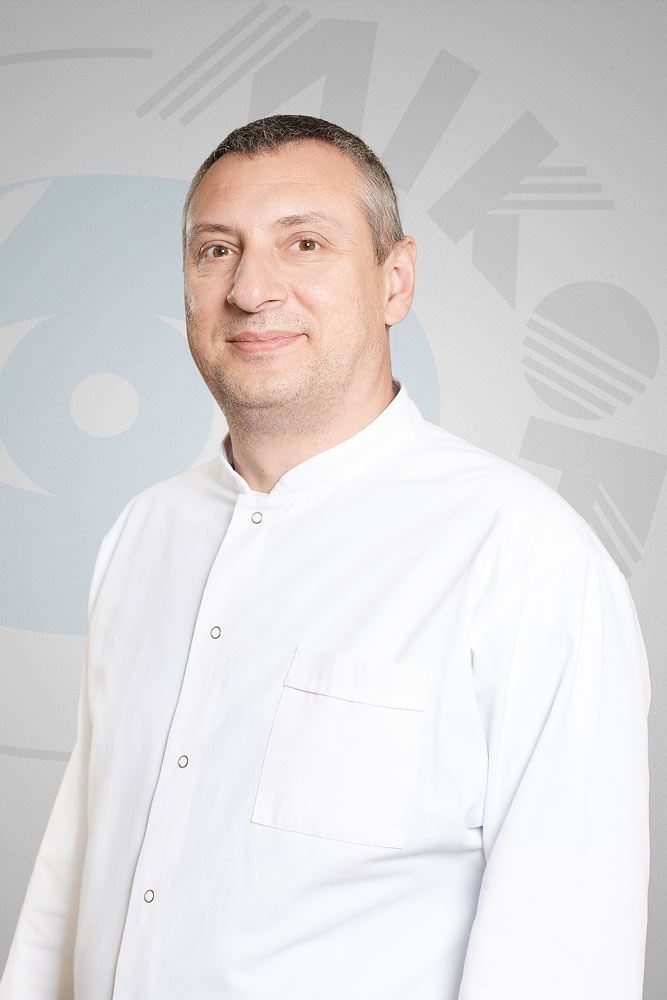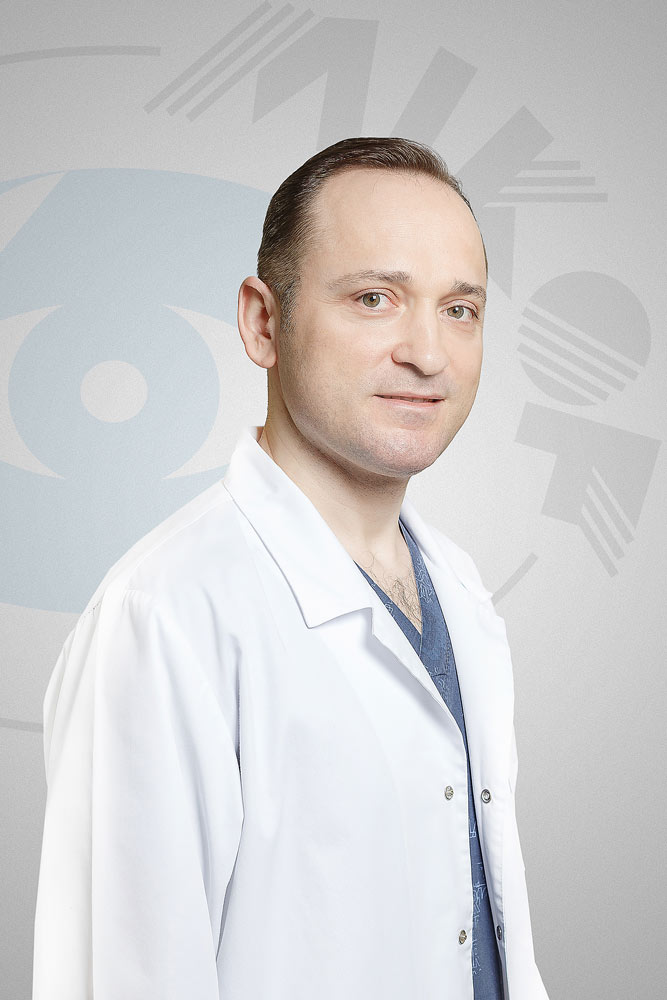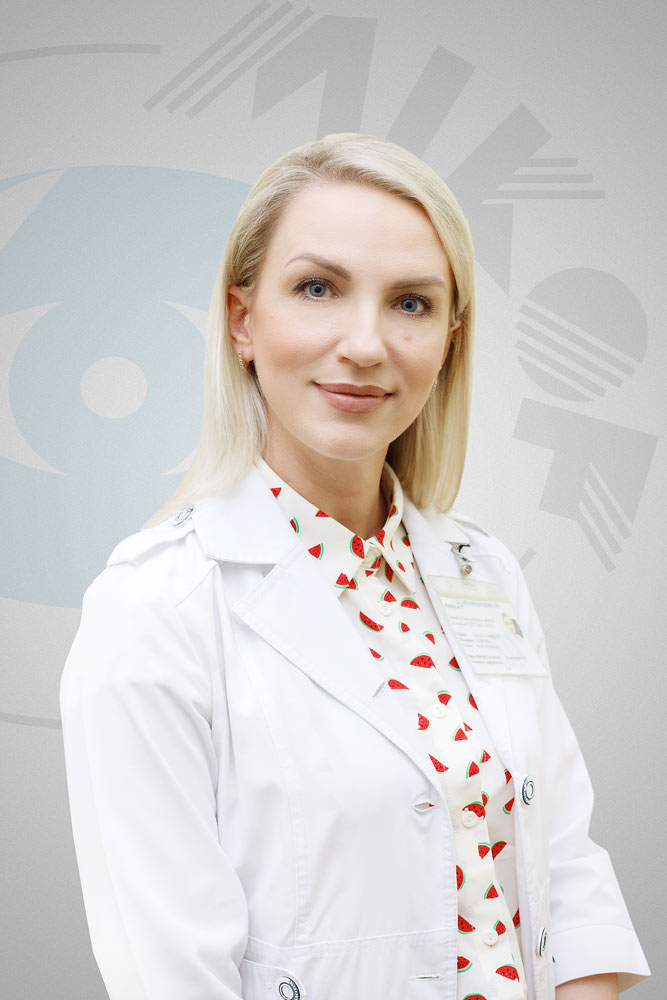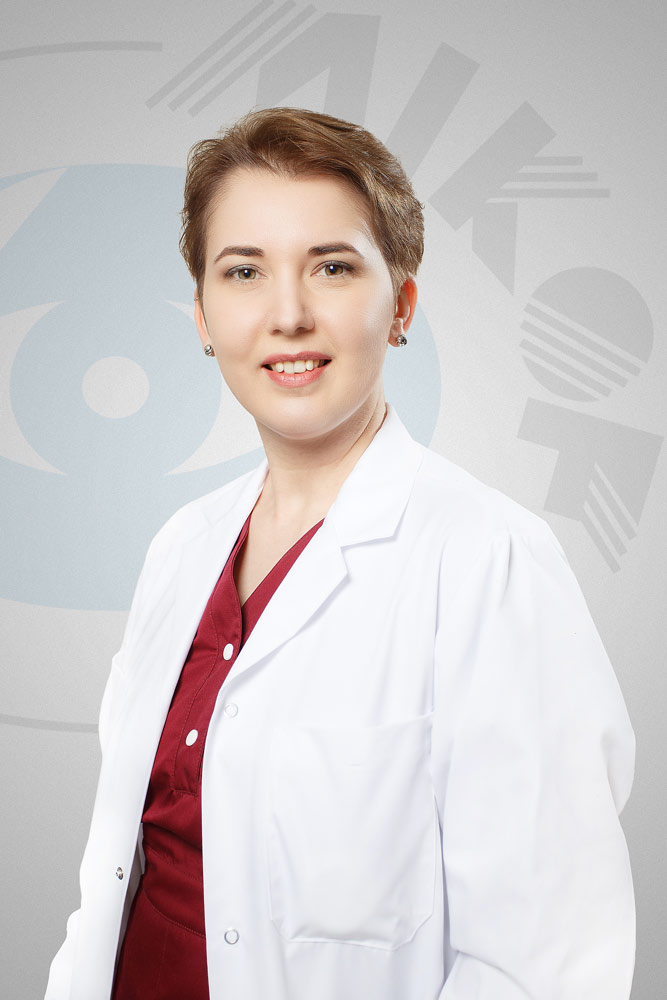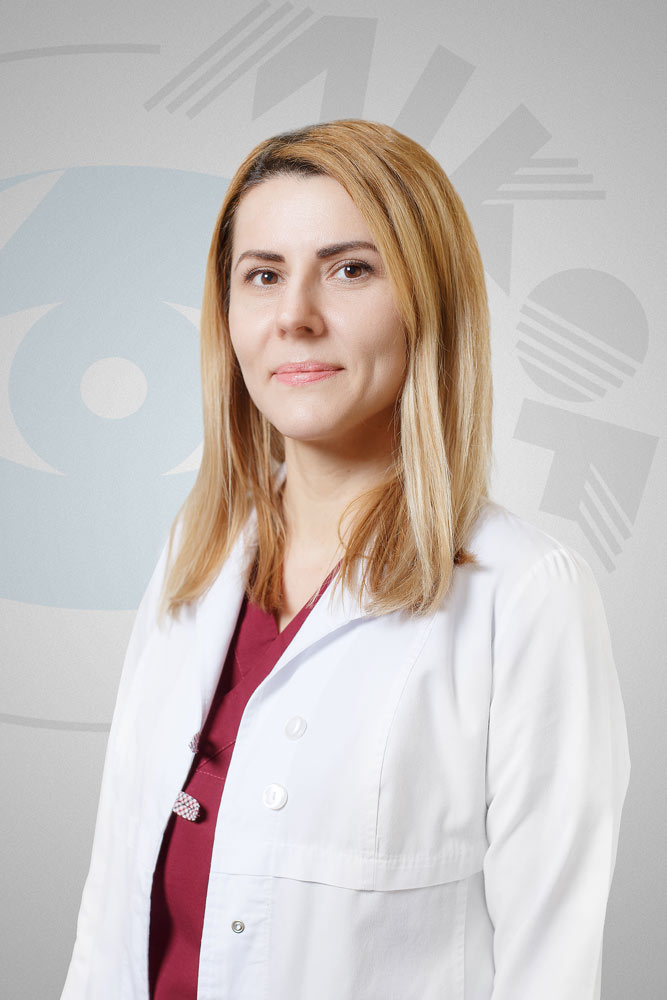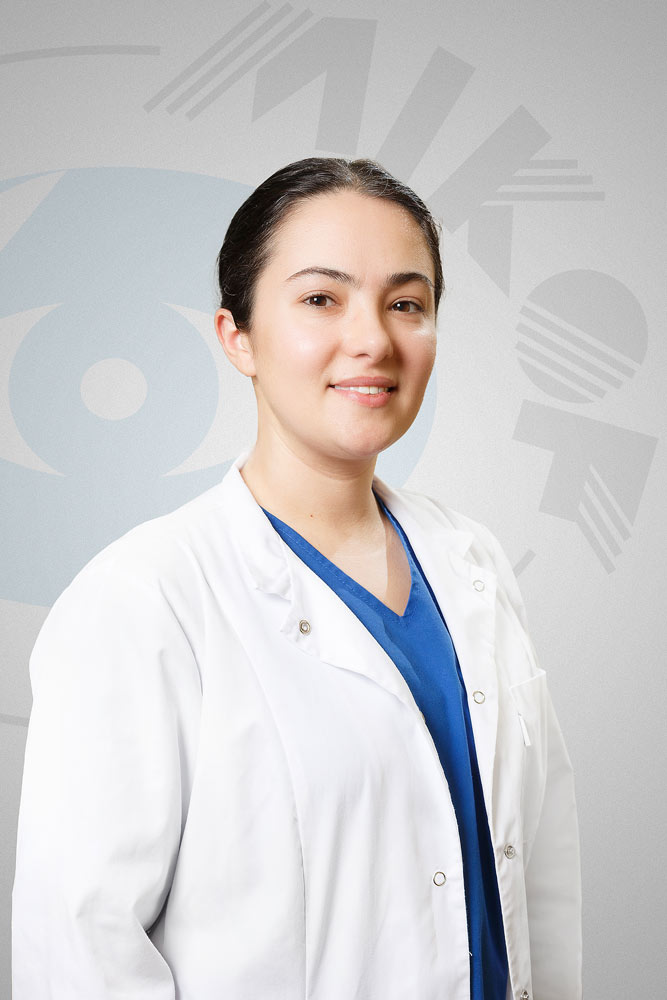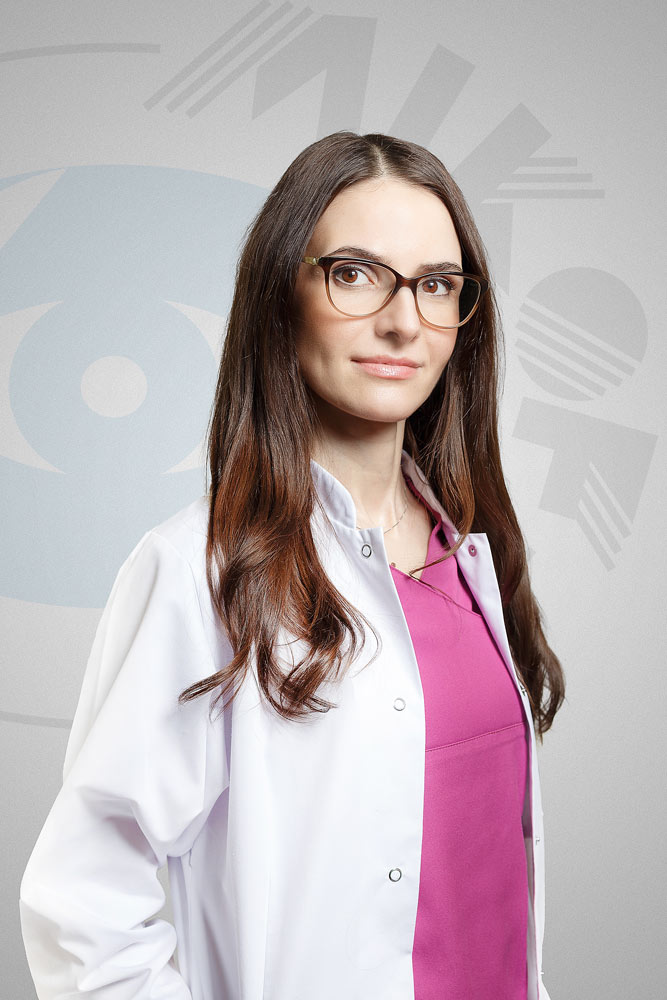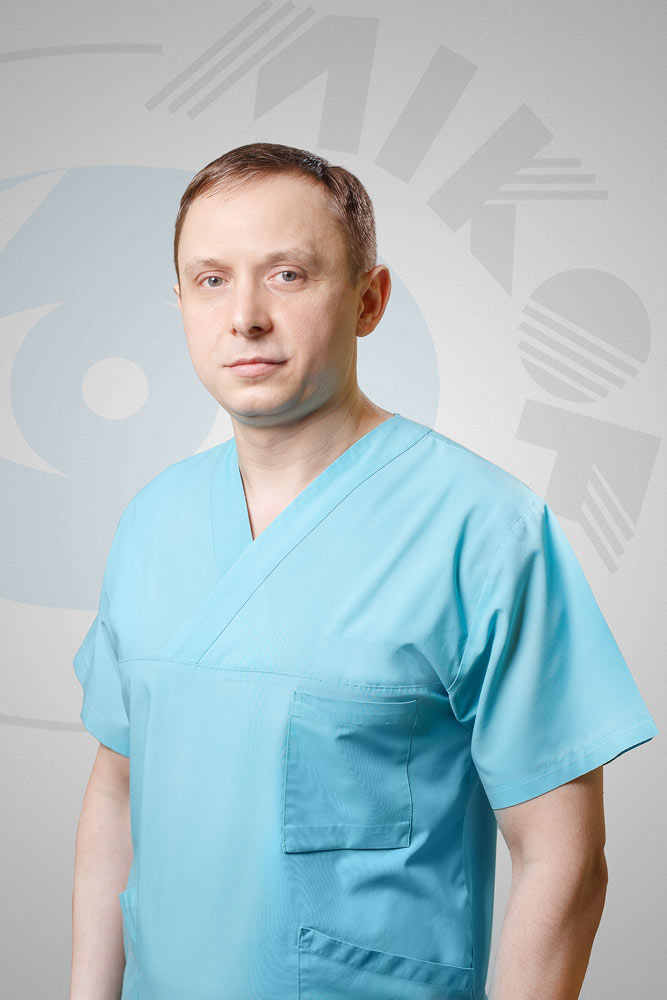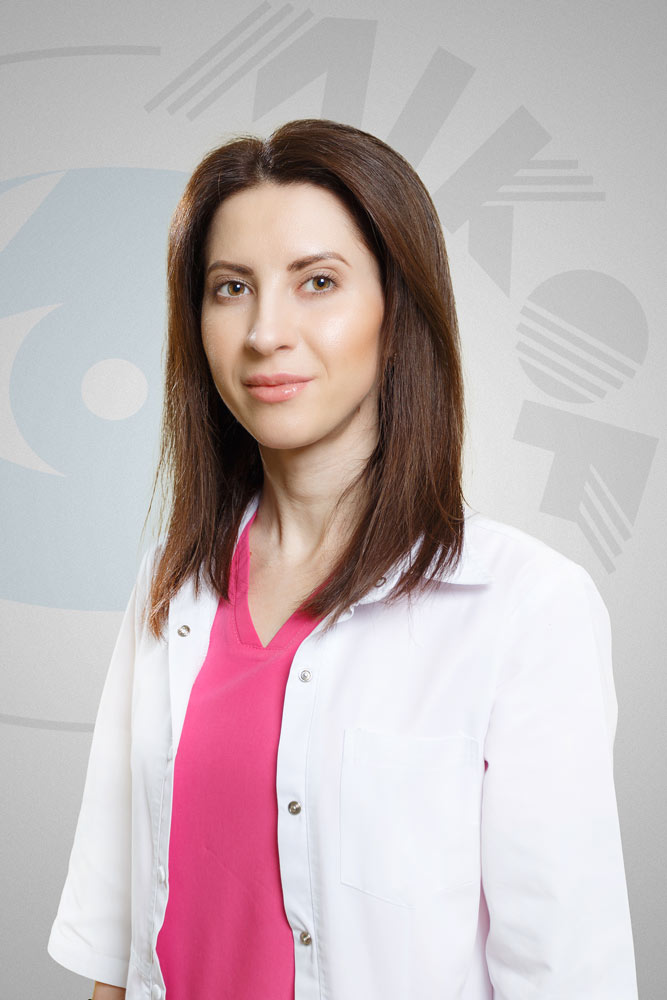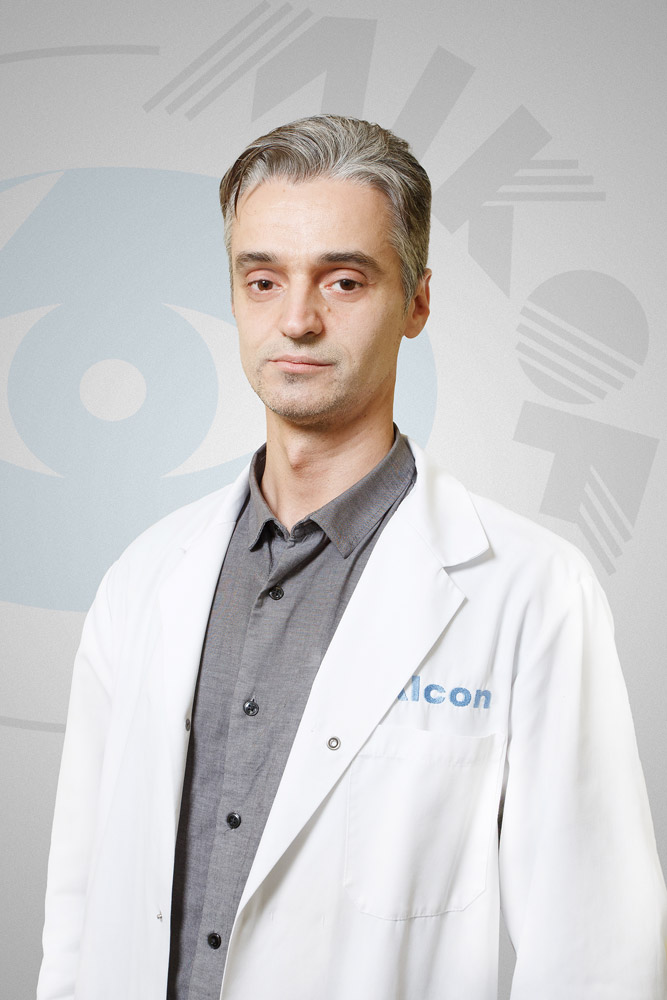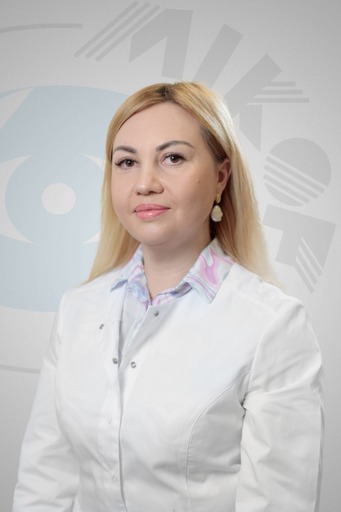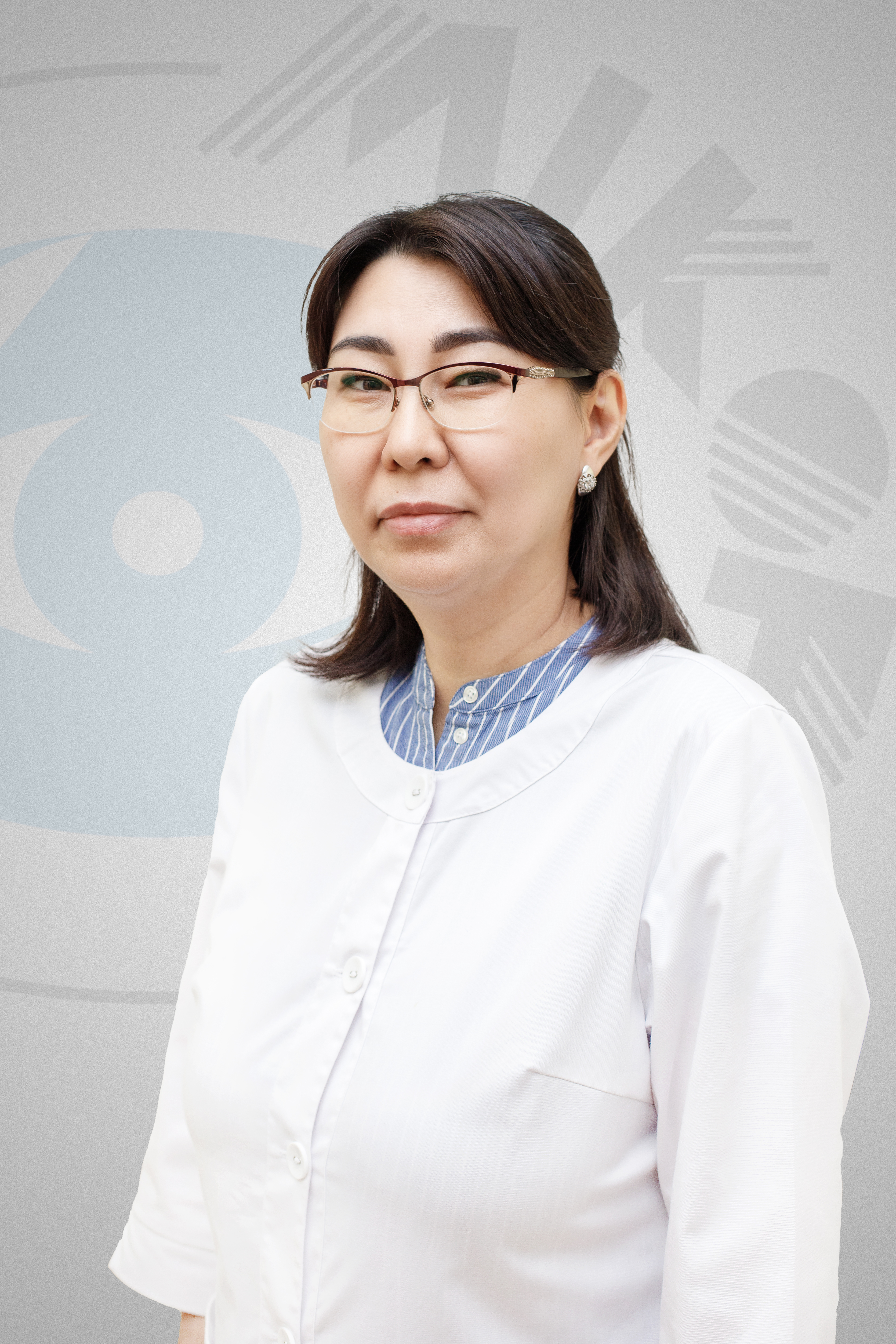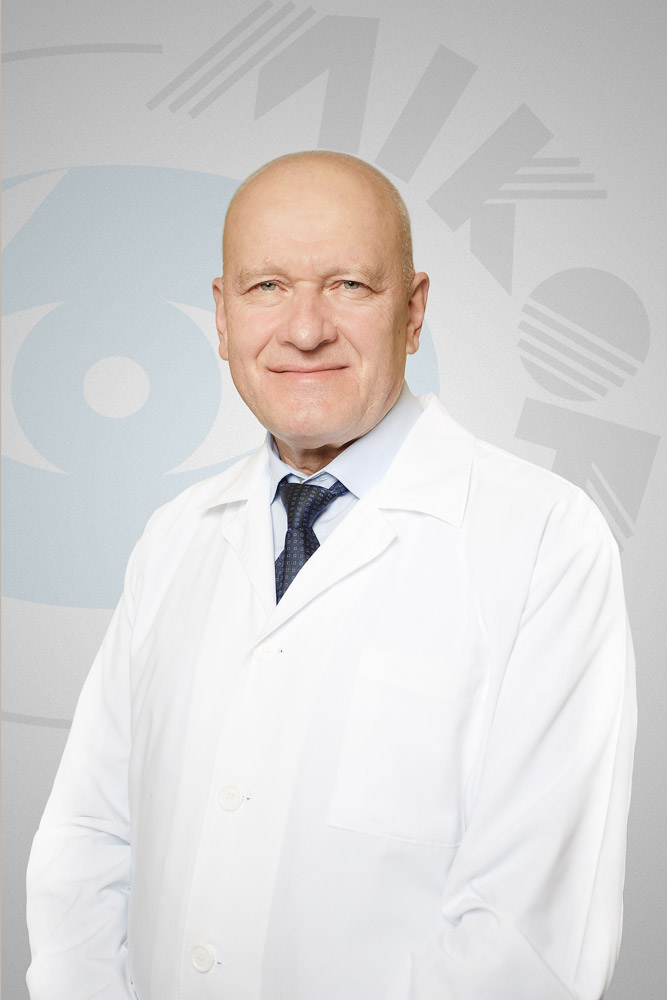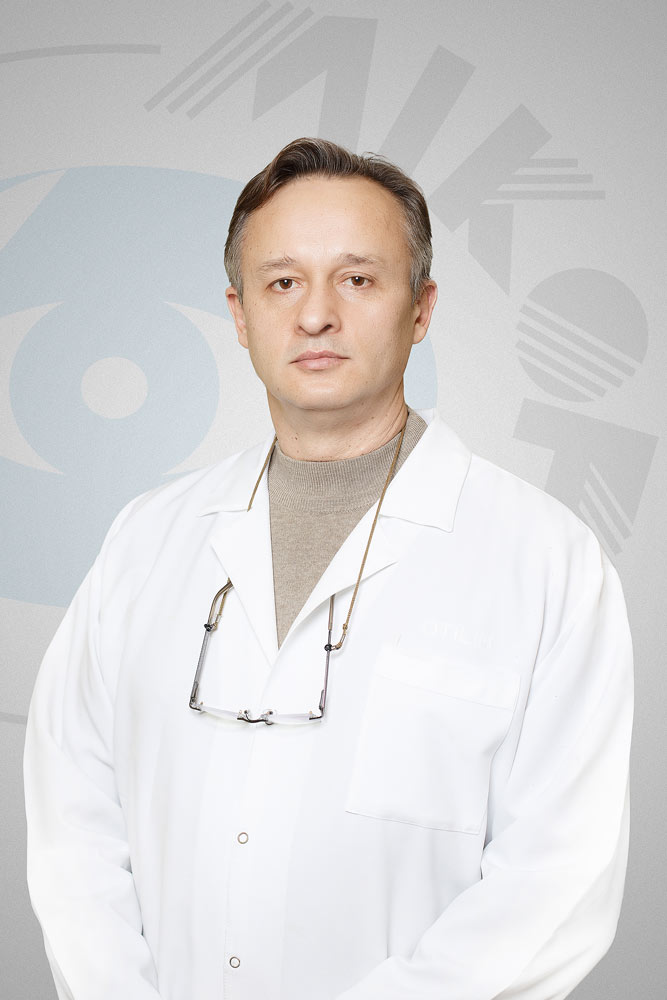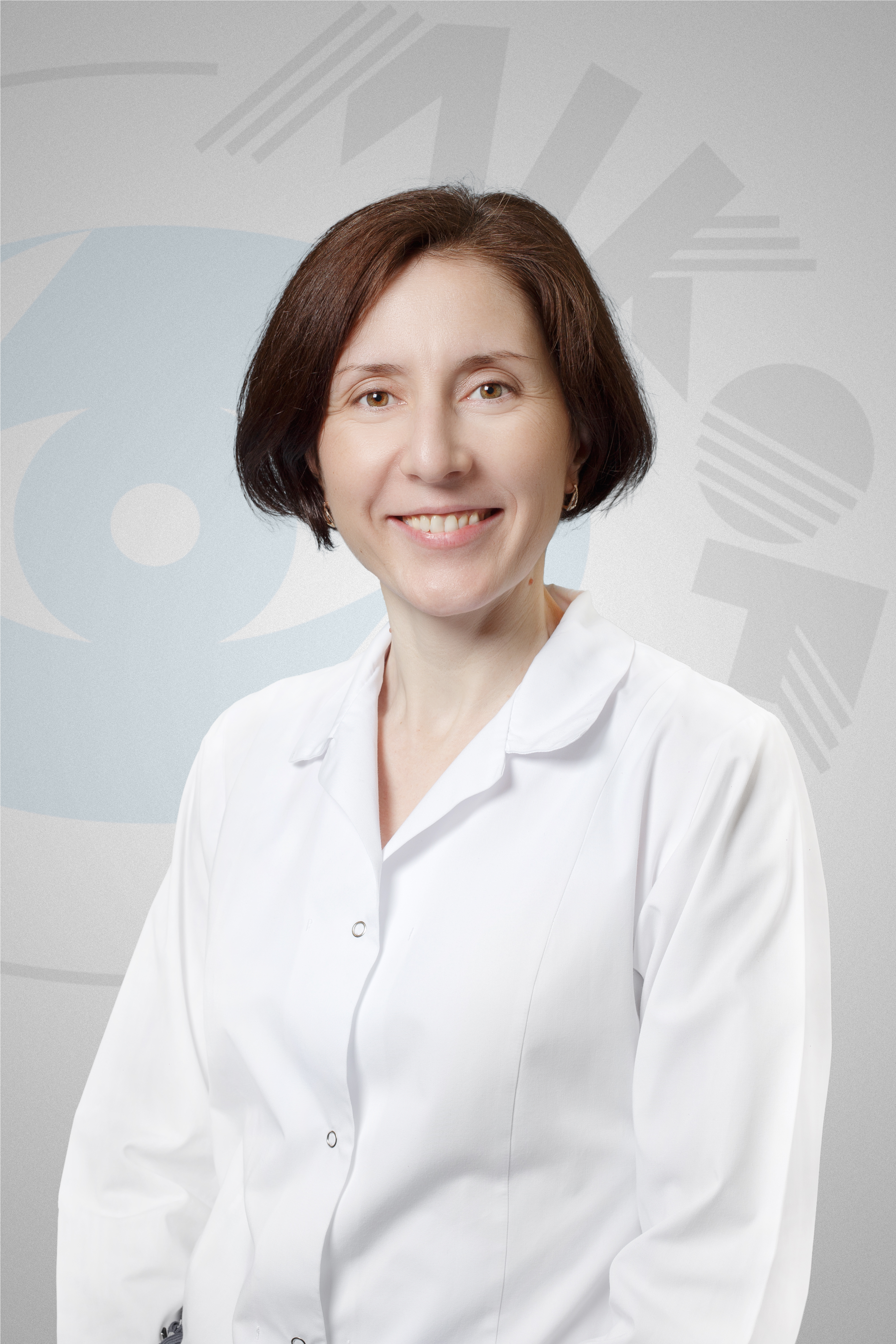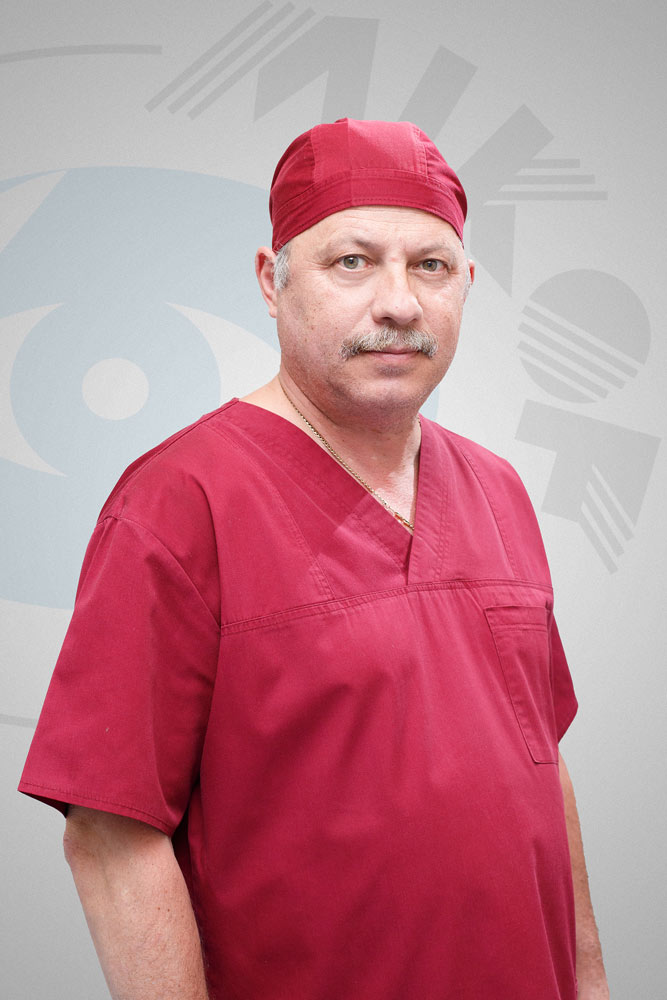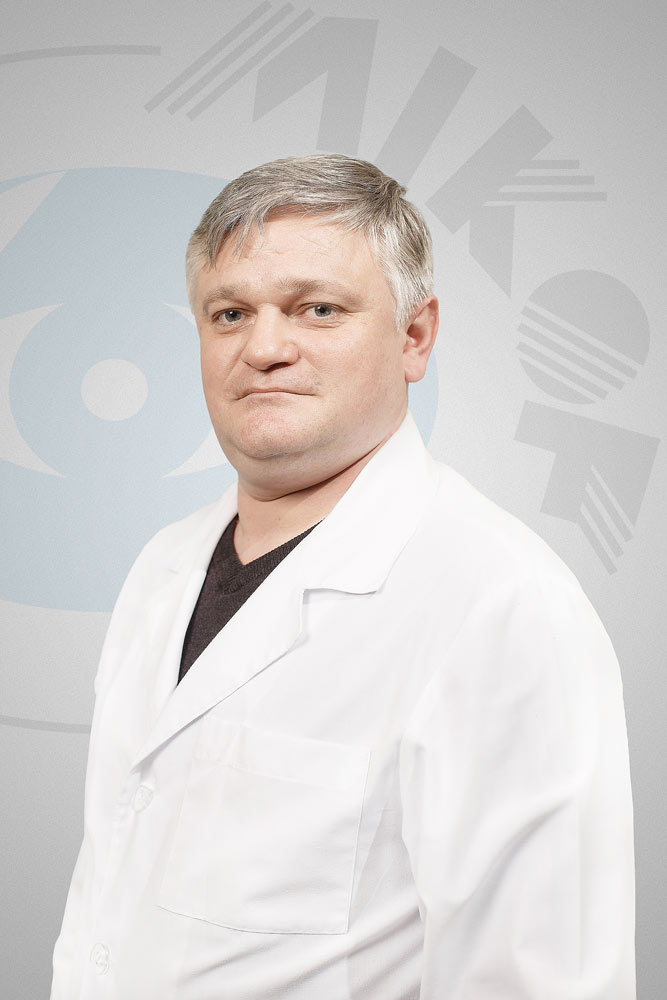Ophthalmoscopy
Ophthalmoscopy
Ophthalmoscopy - a method of research fundus (retina and its vessels, the optic nerve, choroid). The study was conducted using a special device - an ophthalmoscope. The doctor directs a beam of light (coming directly from the lamp unit or reflected from another source) in a patient's eye (the retina through the pupil) and certain provisions of considering various departments of the fundus: optic disc, macula, retinal vessels, the periphery. As can be seen opacification of the vitreous and lens.
Ophthalmoscopy can be conducted with a narrow pupil and wide (for mydriasis after instillation special drops). By resorting to this method, when you do not see the peripheral parts of the retina, or require a detailed examination of the fundus (high myopia, suspected fractures, dystrophy or retinal detachment). But even using the expanding pupil drops, your doctor may not always see all the parts of the retina. Then use the additional research using the Goldman lens that allows you to see an ophthalmologist to all departments at the periphery of the retina.
Ophthalmoscopy is a standard inspection ophthalmologist and is one of the most informative methods for determining the state of the eye.
Often, the data requires ophthalmoscopy and other professionals, such as:
Internists and cardiologists: they are interested in the state of blood vessels in the fundus diseases such as hypertension and atherosclerosis. For a description of retinal vessels, they conclude about the severity of the disease therapeutic.
Neurology: valuable information for them is the condition of the optic nerve, arteries and veins. They are subject to change at cervical osteochondrosis, increased intracranial pressure, stroke and other neurological diseases.
Obstetrician-gynecologist: for the prognosis of delivery. Ophthalmoscopy shows how great the risk of retinal detachment at birth naturally. Therefore consultation of ophthalmologist - a mandatory procedure for all expectant mothers.
Endocrinology: the state of retinal vessels in diabetes provides valuable information about the stage and severity of the process throughout the body. Therefore, the observation by an ophthalmologist is required in diabetics, because ocular manifestations (diabetic retinopathy and cataracts), the most common complications of this disease.
Therefore, do not be surprised if someone from the doctor directs you to the optometrist for the fundus examination (ophthalmoscopy). The reverse situation: ophthalmologist, seeing the changes of vessels or of the optic nerve, can refer the patient to a neurologist or a cardiologist, because the cause of pathological changes in the fundus can not be in the eyes.

